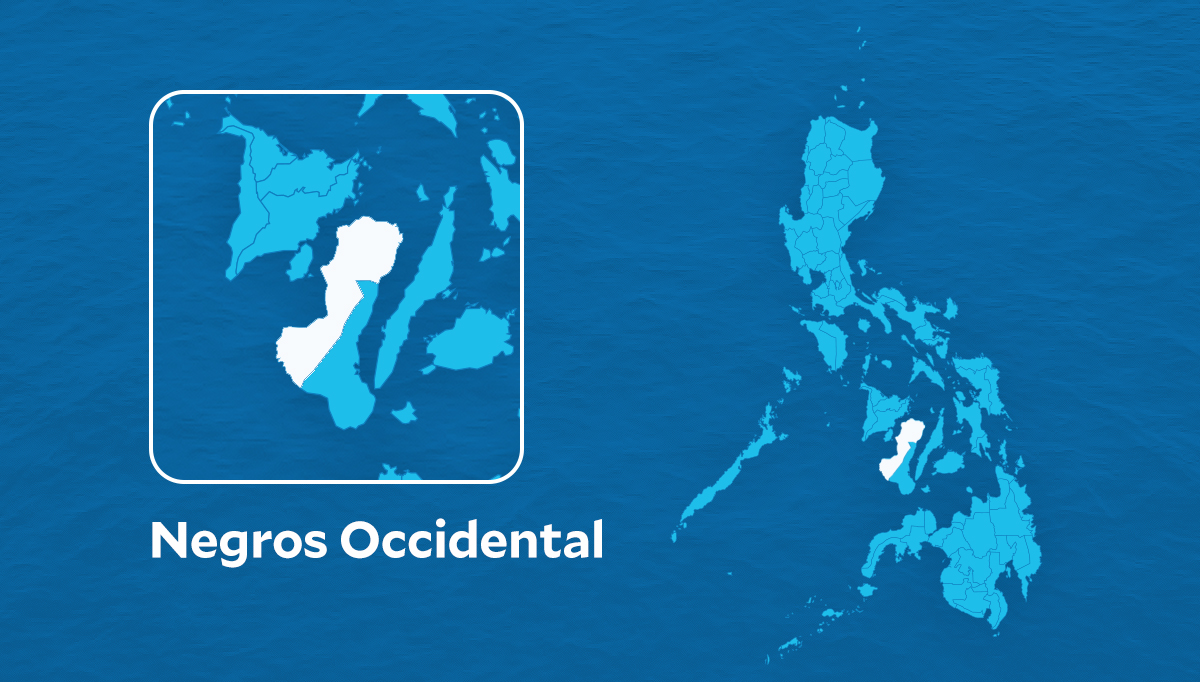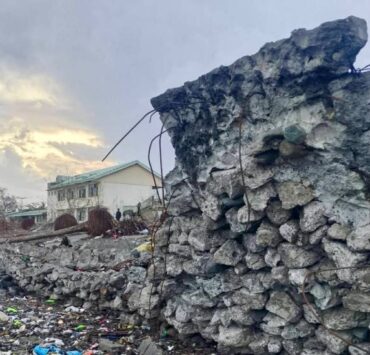3 Catholic bishops buck plan to bring back GMO in Negros Occidental

BACOLOD CITY—The three Catholic bishops of Negros Occidental on Sunday issued a united and urgent appeal to keep the province’s farms free from genetically modified organisms (GMOs).
The bishops said they were opposed to the proposed ordinance pending before the Provincial Board that seeks to reintroduce GMOs into Negros Occidental, calling it “a dangerous reversal” of nearly two decades of GMO-free and globally recognized sustainable agriculture on Negros Island.
The statement was signed by Bacolod Bishop Patricio Buzon, Kabankalan Bishop Louie Galbines and San Carlos Bishop Gerardo Alminaza.
“This is not just a policy issue. This is a moral, ecological and public health concern. Negros has long chosen life through organic and sustainable agriculture. To reverse this now—without scientific consensus and without genuine public consultation—places our people and our land at risk,” the bishops said.
The statement came as Negros continues to recover from the devastating impacts of Typhoon “Tino” (international name: Kalmaegi) and Supertyphoon “Uwan” (international name: Fung-wong) that struck on Nov. 4 and Nov. 9, respectively, which exposed the island’s fragile ecological state—denuded forests, silted rivers, substandard infrastructure, eroded mountainsides and widespread flooding, Alminaza said.
Moving backward
The bishops warned that GMO agriculture, with its dependence on toxic chemicals and patented seeds, will worsen ecological vulnerability and deepen farmer indebtedness.
They also expressed concern over the Philippine government’s silence at the 30th Conference of the Parties to the United Nations Framework Convention on Climate Change in Belém, Brazil, on the global fossil fuel phaseout road map, noting that this inconsistency reflects a troubling pattern.
“At a time when the world is moving toward ecological responsibility, we cannot afford to move backward at home,” they said.
The bishops emphasized that Negros’ GMO-free status has become a global model, drawing international recognition through Terra Madre, Slow Food movements and decades of organic farming efforts that empowered local farmers, protected local seeds and strengthened food sovereignty.
“Seeds are life. Seeds carry memory, culture and future. No corporation should control what God has given freely to our people,” they said.
The bishops are calling on the provincial government to also defend and fully enforce Negros’ GMO-free ordinances; restore and strengthen support for organic and ecological agriculture; ensure transparent, science-based and community-led consultation on all matters affecting food security and farmers; and align local policies with the late Pope Francis’ exhortation on the climate crisis and the global commitments toward integral ecology.
“For nearly twenty years, Negros has protected its land, its farmers and its identity. For the sake of the next 20—and the generations beyond—Negros must remain GMO-free,” they said.
The bishops called on all Negrenses, parishes, civil society organizations, farmers’ groups and local governments to stand together to safeguard the island’s ecological integrity and food sovereignty.

















